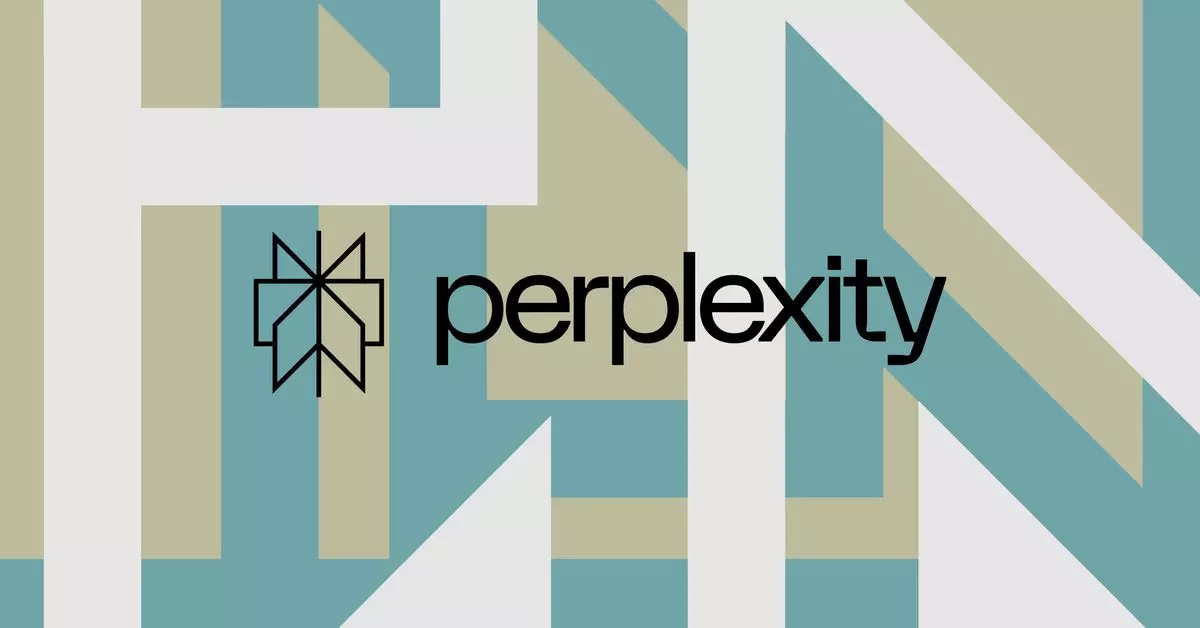The rapid evolution of artificial intelligence (AI) technology has triggered an ongoing confrontation between traditional media conglomerates and innovative AI startups. A recent case at the forefront of this clash involves Perplexity, an AI-driven search engine, which has faced legal challenges from News Corp—an entity that owns influential media outlets such as The Wall Street Journal and the New York Post. The core of the dispute revolves around allegations of unauthorized content scraping, where it’s claimed that Perplexity unlawfully reproduces copyrighted material on a grand scale. This situation illustrates a fundamental tension between the burgeoning capabilities of AI and the longstanding practices of content ownership in journalism.
At the crux of this debate lies a controversial assertion made by Perplexity, which suggests that organizations like News Corp desire a reality whereby factual information is commodified and exclusively owned by corporations. This perspective raises pertinent questions about the nature of ownership concerning facts, especially when it comes to disseminating information in the digital age. While individuals and organizations can claim copyright over the unique expression of facts—such as articles and reports—the sheer existence of these facts remains uncopyrightable. This distinction is vital, as it frames the ongoing discussions around content usage, sharing, and the rights of organizations versus the rights of information seekers.
Perplexity’s position highlights a broader narrative: that the ongoing skirmish between media establishments and tech companies is not only outdated but also counterproductive. Their argument underscores a missed opportunity for collaboration rather than adversarial conflict. By embracing the potential of AI technologies, news organizations have the chance to enhance their outreach, discoverability, and monetization avenues in an increasingly digital-driven marketplace. The AI startup indicates that existing legislative frameworks may limit its capabilities, preventing innovative models that could benefit both AI companies and media outlets.
Perplexity has already begun to carve out a path towards potential collaboration by establishing revenue-sharing initiatives with renowned publications such as Time and Fortune. This proactive approach speaks volumes about the company’s willingness to partner with traditional media rather than oppose it. By adopting such measures, Perplexity not only addresses some of the criticisms regarding its practices but also establishes a framework that could serve as a model for future engagements between AI technologies and media corporations.
As the digital landscape continues to evolve, both AI and media companies must navigate these complex waters thoughtfully. Rather than viewing each other as adversaries, there is substantial potential for collaboration, which could yield mutual benefits and broaden access to information in ways that respect the rights of original content creators while also leveraging modern technology.


Leave a Reply